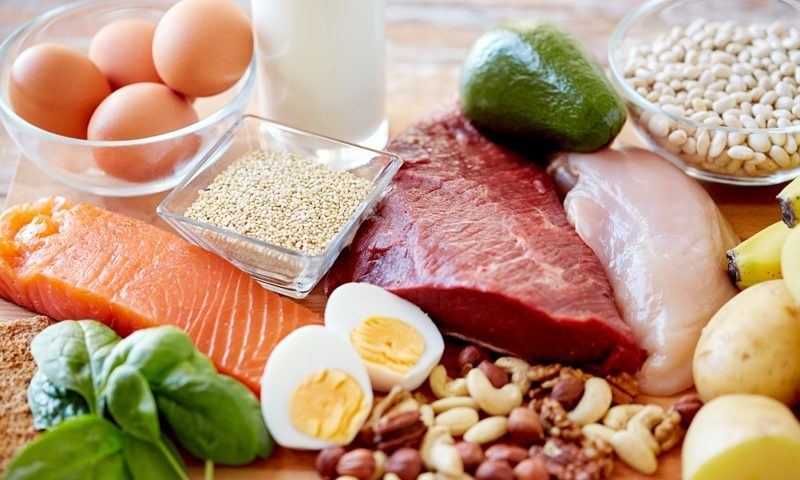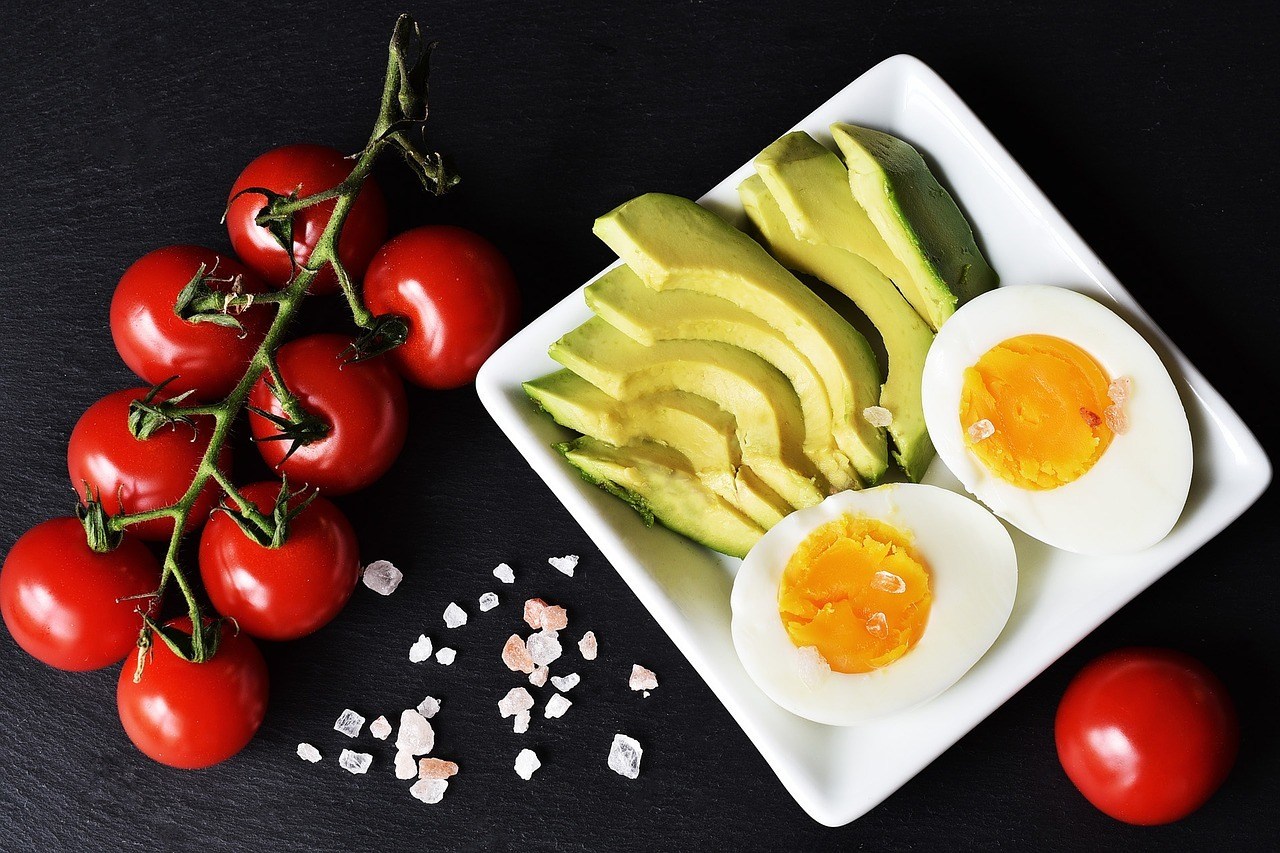Fats are an essential part of our diet and important for health. There are three main types of fats out there in the world – some being healthier than others. Let’s start with the unhealthy (and least recommended) to the healthy fats we recommend to have in moderation. Kind of like bad news first, then the good news!
Trans fats
Trans fats are unsaturated fats that have been processed, basically. They also occur naturally in small amounts in animal products, however majority is from processed foods that we consume. Over-consumption of this type of fat can lead to an increase in bad cholesterol in the body, which is then a risk to our heart health.
Trans fats come from deep fried foods and commercially baked foods, such as pies, cakes and pastries (aka discretionary foods!). On a food label it can be written as ‘hydrogenated’ or ‘partially hydrogenated’ – so keep an eye out!
Saturated fats
Saturated fats are the middle man of the fats world. They’re not so healthy and eating large amounts has been linked to high blood cholesterol levels. Saturated fat is solid at room temperature – this is how you can help tell the difference. It is found in animal, plant and processed products.
Animal-based:
– Dairy, including butter, cream, full-fat milk, cheese and ice cream.
– Meat, including fatty cuts of beef/lamb/pork and processed meats such as salami or chicken skin.
Plant-based:
– Palm oil
– Coconut oil (controversial!), milk and cream
– Cooking margarine (maybe found in your Grandma’s baking!)
Processed:
– Fatty snack foods
– Deep fried treats, like hot chips and spring rolls
– Pastries and pies from the corner shop
Unsaturated fats
Unsaturated fats are healthy fats and an important part of having a healthy diet. These guys are the ones that help to reduce the risk of heart disease and lowering cholesterol levels. Unsaturated fats are grouped into two types: Polyunsaturated and monounsaturated.
Polyunsaturated fats:
– Omega-3 fats have been shown to help lower triglyceride levels in the blood as well as blood pressure. Omega-3’s are found in marine, animal and plant sources, such as oily fish, like salmon or sardines, walnuts, chia seeds, flaxseeds and omega-3 enriched eggs.
– Omega-6 fats are found mostly in oils, sunflower and soybean are good choices and nuts, including brazil nuts and pecans. These have been shown to lower heart disease risk, when consumed in place of trans or saturated fats.
Monounsaturated fats:
– This type is found in olive and canola oil, avocados (which is a popular food trend currently!) and nuts such as cashews and almonds – unsalted being the healthier choice.
I’m not saying that you have to cut all fat from your diet. We need it in our lives, as it gives us fat-soluble vitamins and good fatty acids. Consuming low amounts of saturated and trans fats, with a moderate amount of unsaturated fats can help you achieve or maintain good health. As with all foods, there is a ‘limit’ to what is recommended you consume. The Australian Dietary Guidelines cover this, but of course we also know what’s what. Speak to your Dietitian about fats in your diet, so we can help you include the right types in your meals, and of course how much you should be having!







